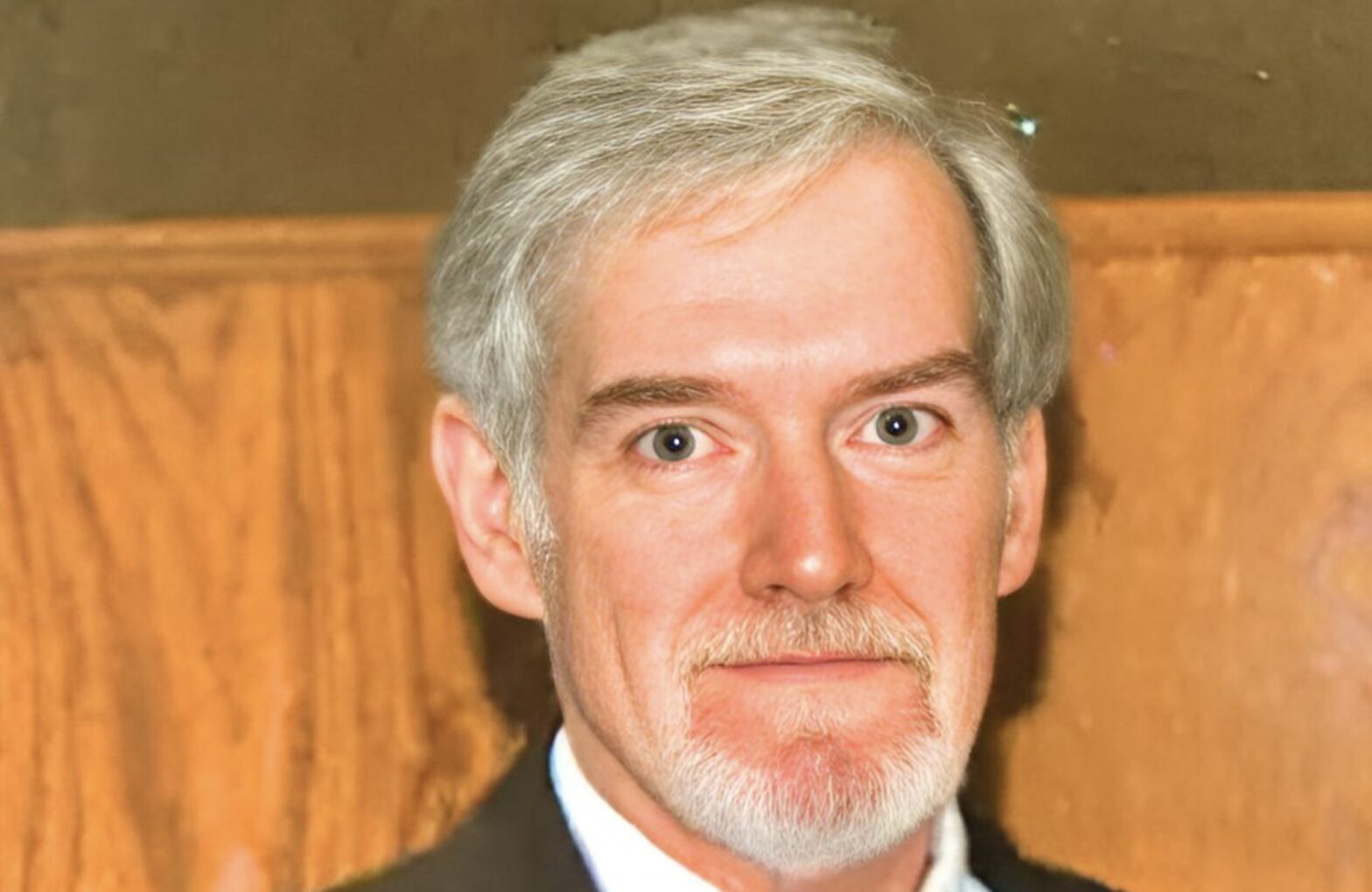In large part because of him—his warmth, his wit, his wisdom—a great group that got along and, we think, did some good.
We were all in the van. Well, all but one of us.
“Where’s Kelly?” “Did you tell him what time we were leaving?” “Yeah, he had the time.” (“Does he know we’re not in Central?”) “Where was he last night?” “When did you last see him?” “Oh, don’t worry. I’m sure he’ll be here any minute.”
No one was really so sure.
It had been another difficult board meeting the day before—“difficultboardmeeting” was basically one word for all of us, it seems, during those years—and we on the Bradley Foundation staff were all looking forward to getting on our way to the airport for the flight home to Milwaukee. Our shuttle was parked in front of the resort in Rancho Bernardo, Calif., where the meeting had been because the board chairman lived nearby at the time, which was more than two decades ago. It was a nice place, and Kelly kind of liked it there. And he knew how to enjoy himself, especially after a difficultboardmeeting.
You know the feeling: check the watch, confirm the scheduled flight-departure time, deduct the time necessary to get dropped off at the terminal, and figure out which one of us will run to the gate to tell the agents we’re all here and it’ll just take a couple of minutes for the rest to arrive. “We’re fine.” Trepidation, steadily approaching impatience.
We couldn’t leave without him.
Us
Then, finally, Kelly showed up on the curb. His luggage in the back with the rest of ours, he got into the van and sat down. It didn’t look as if all the buttons on his shirt “matched up” quite perfectly with their corresponding buttonhole on the other side of the shirt.
The three of us can’t remember what the quintessential Irishman actually said. We do remember—we know—it was the funniest thing, said in the most-appropriate way for the circumstance, self-deprecating and warm, putting us all back at ease. It’s the way he communicated. It was him. We were relieved. We could go to the airport, all was back to “normal,” this was actually fun, and we’d all make it together. In fact, whatever he said, it almost didn’t matter whether we actually made it or not. Kelly was with us. The team was whole. We were us.
Kelly died in his sleep on the night before Christmas after spending last precious moments with his family, including all of his many grandchildren, that day. (Since we know you’re reading, Kelly: Maybe a little overdramatic? Couldn’t have waited until Boxing Day?)
Better
So, we remember. God’s honest truth is that we do not miss the difficulties of some of those days working at the foundation, but we very much miss being part of a group that got along so well and at least tried to do some good in that work. Kelly Patrick Ambrose, Sr., was one of the main reasons for all of that. We at least tried to do our best, and we think Kelly made us better in the attempt.
He both “fit” and helped define, by his intellect and how he applied it, that which we at Bradley under then-president Mike Joyce were trying to do in and with philanthropy. Kelly never for one minute thought he was better than anybody else, an attitude in tension with the presuppositions—the pretensions—of so many who work in philanthropy. He thus might not have fit so well in many foundations other than Bradley. But at Bradley, in large part because of him and his generosity of spirit, the team worked well and the job got done—without what can be distracting one-upmanship. We “rooted” for each other.
And, if and when necessary, waited for each other. We almost always laughed with each other. We were just us humans, not pretending otherwise.
Loves
Kelly loved Milwaukee, he loved the fine arts, especially the local fine arts, he loved baseball, especially the local Brewers, he loved his Catholic faith and its parish festivals in particular, he loved the state fair, and he loved reading and learning and language, including saying fin de siècle as much as anyone possibly could (which was a lot) during the last couple years of the 1900s.
He loved people, genuinely including their faults—if even only because of their potential additional material for jokes. He certainly loved his (faultless) wife Nancy and their beautiful family.
You wouldn’t think Kelly any sort of soft pushover, however. He had an Irish toughness, and the humor could be incisive. As we had him, you’d definitely want him “in your foxhole”—again, if even only for the jokes, but also for the wisdom and fortitude.
You’d certainly want him in your airport-shuttle van.



